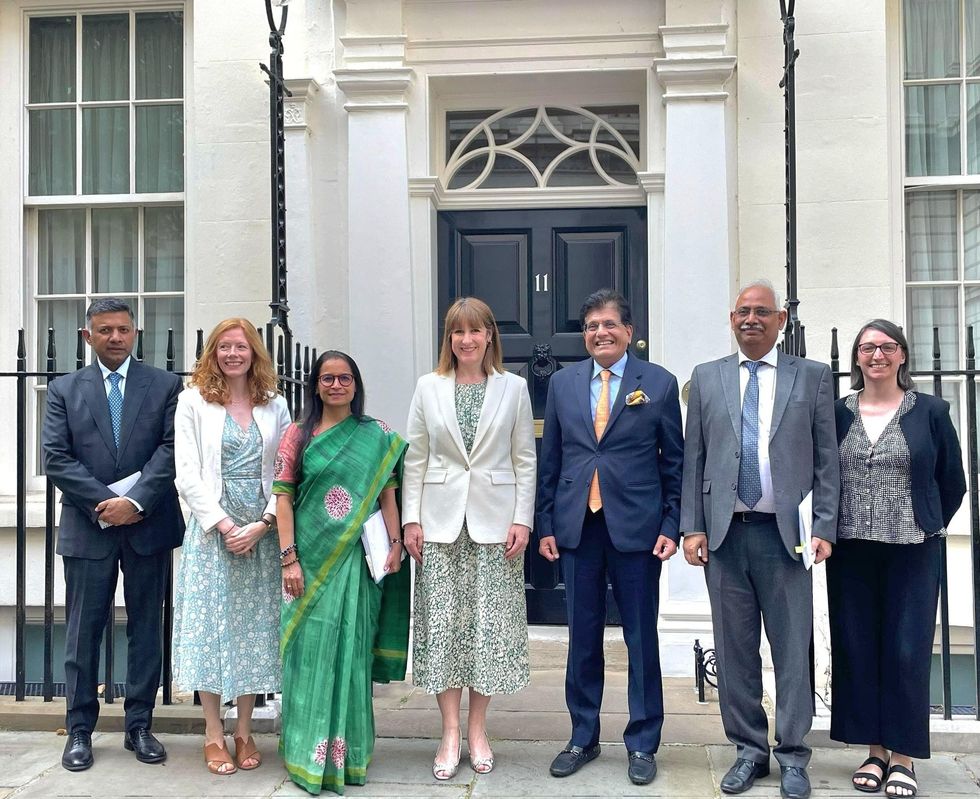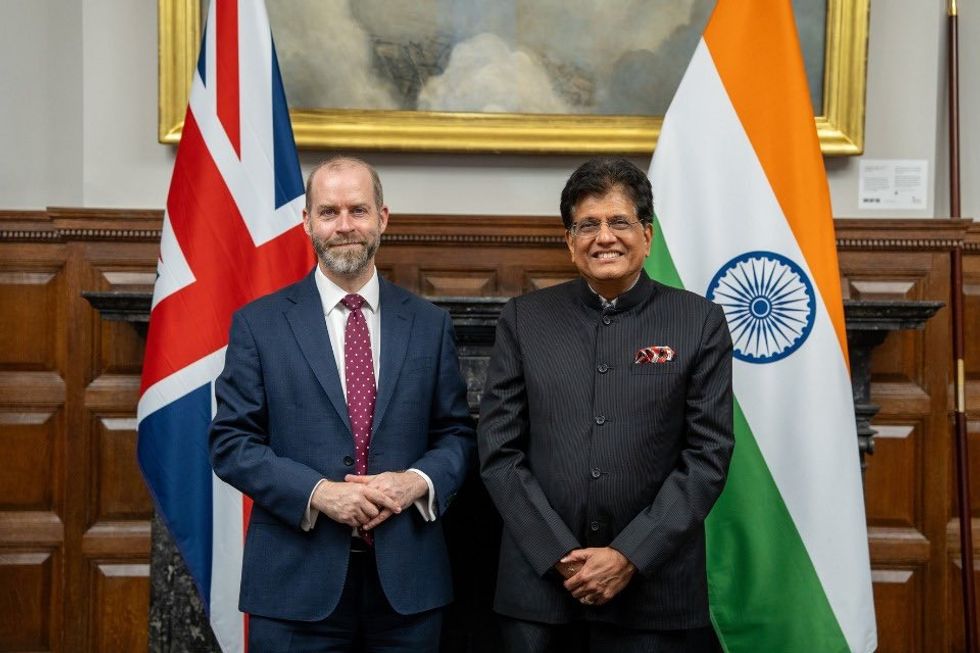PAKISTAN is looking to tame inflation with fuel price cuts and a price-control mechanism, caretaker prime minister Anwaar ul Haq Kakar said on Monday (16).
The South Asian country is embarking on a tricky path to economic recovery under a caretaker government after a $3 billion loan programme approved by the International Monetary Fund in July averted a sovereign debt default, but with conditions that complicated efforts to control inflation.
"Consequent to substantial reduction in fuel prices, I have directed the concerned authorities at Federal and Provincial level to activate a strict price control mechanism," Kakar said in a post on X, formerly known as Twitter.
He added that efforts should be maintained in transferring the benefit of the cut on prices of commodities.
Effective Monday, the price of petrol dropped by Rs 40 (12p) to Rs 283.38 (84p) a litre, while high-speed diesel cost fell by Rs 15 (4.5p) to 303.18 (90p) a litre, as per the ministry.
The finance ministry, in a press release, said the decreasing trend of petroleum prices in the international market and the appreciation of the rupee against the US dollar as reasons for the cut.
Pakistan's inflation rate rose to 31.4 per cent year-on-year in September from 27.4 per cent in August, primarily due to high fuel and energy prices.
The rupee hit all-time lows in August before recovering in September to become the best performing currency following a clampdown by authorities on unregulated forex trade.
Analysts, however, expect the fuel price cut to be short- lived and ineffective at taming inflation.
"The current cut in fuel prices has been led by a lower ex-refinery price, which is a function of international prices and the rupee parity. The sustainability of this cut is subject to future movements in these factors,” said Amreen Soorani, Head Of Research at JS Global Capital.
She added that the crackdown on illicit trade had been a key factor in the appreciating rupee against the dollar and that continued efforts on the same path would likely keep the rupee trend stable.
"Pakistan is a trade deficit country with limited dollar inflow avenues in its balance of payments. In the longer term, present information suggests the rupee would likely continue a depreciating trend, albeit, ongoing efforts may limit the quantum of depreciation," she added.
Fahad Rauf, Head of Research at Ismail Iqbal Securities, pointed out the downward sticky nature of prices.
"When the fuel prices go up, the transportation cost and product prices also rise, but when the prices fall, the impact is not passed on to consumers to same extent," Rauf added.
The war between Islamist group Hamas and Israel poses one of the most significant geopolitical risks to oil markets since Russia's invasion of Ukraine last year, analysts say.
"...We believe the oil price warrants a risk premium of $5–10/bbl, due to the supply risk," ANZ research said in a note on Monday.
(Reuters)
Pakistan looks to tame high inflation with fuel price cuts
The Inflation rate rose to 31.4 per cent year-on-year in September from 27.4 per cent in August, primarily due to high fuel and energy prices


















 Piyush Goyal with shadow chancellor Rachel Reeves (centre), Vikram Doraiswami and other officials at the India Global Forum
Piyush Goyal with shadow chancellor Rachel Reeves (centre), Vikram Doraiswami and other officials at the India Global Forum And , Goyal with Jonathan Reynolds
And , Goyal with Jonathan Reynolds